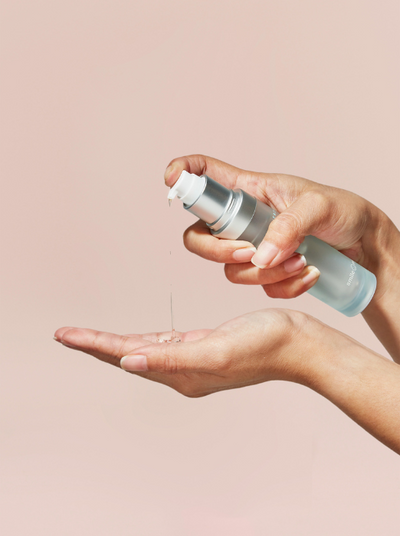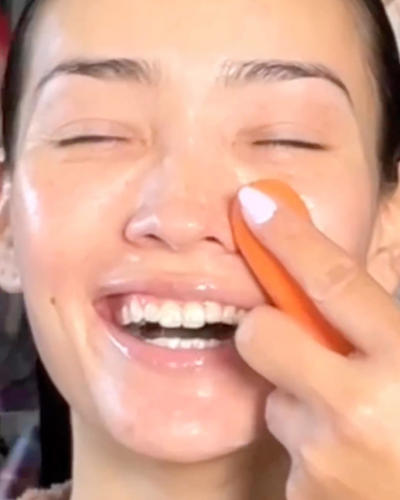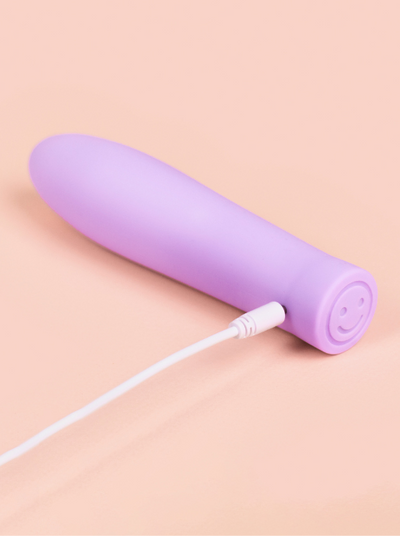"In an ideal world, our vaginas would lubricate themselves adequately every time we need them to. We never experience uncomfortable friction, or wonder why, during sex, they aren’t acting as turned on as we’re feeling in our heads. Unfortunately, this isn’t an ideal world" (Hargreaves, 2022).
Using intimate lubricant is quite common, but we do not always give it the attention it deserves given how close it gets to our reproductive system. We’ve listed 5 facts worthy of your attention when it comes to lubricant.
1. Lubricant should be safe for sensitive skin.
It protects internal tissues from irritation, tearing and abrasion: by increasing slipperiness and making movements more fluid, lube prevents friction effects on the most sensitive skin.
2. It has to be chosen carefully.
Fluids get absorbed by the vaginal mucous membrane, and many lubricants contain harmful ingredients. Some can cause vaginal irritation or infection. So you really want to know what is in your lubricant!

3. Most lubricants contain parabens as preservatives.
Parabens can cause irritation, and allergies. There is also some concern on their capacity to mimic oestrogen and to be absorbed, and stored by our body. So be on the safe side, better choose a paraben-free lubricant!
4. Water-based lubricants are the most recommended by gynaecologists.
Indeed, water-based lubes are easy to wash-off, available without some of the potentially harmful ingredients, gentle on the skin and safe to use with condoms and with intimate massagers.
5. They increase pleasure!
Even if you don’t experience vaginal dryness, studies have shown that using a lubricant can make sex all the more enjoyable. And who would say no to some extra pleasure?










